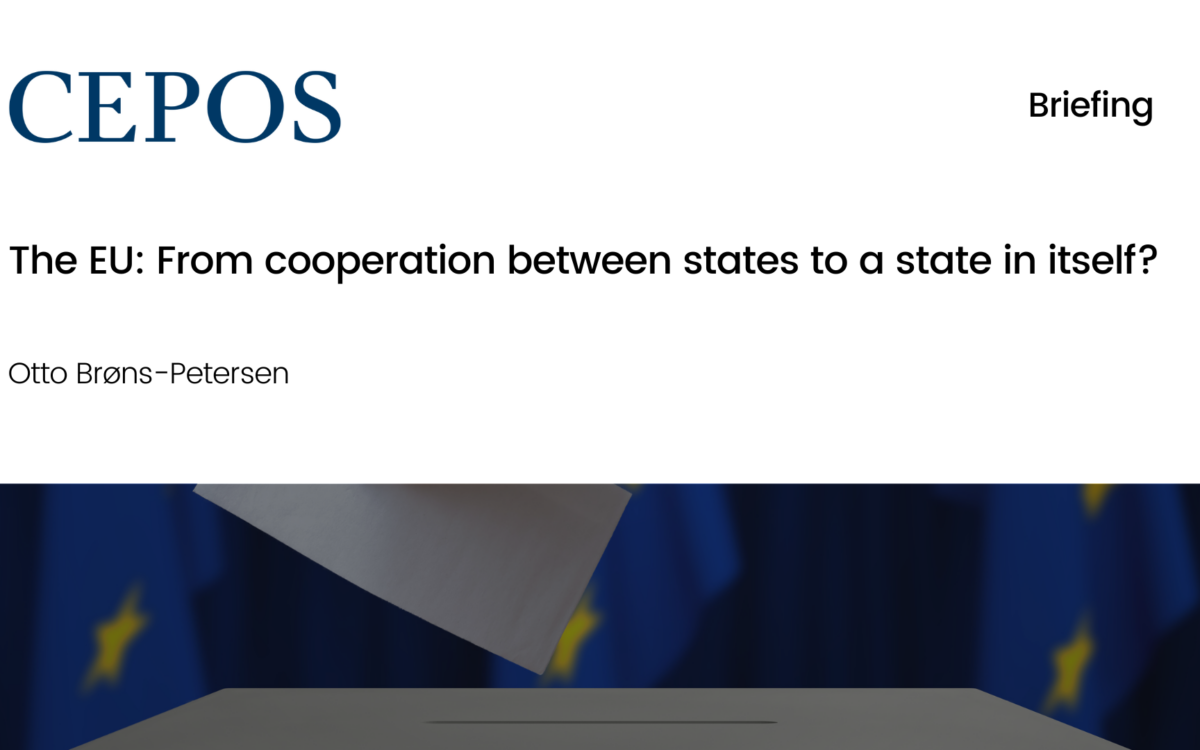Android and the Challenge of Platform Management

Android and the Challenge of Platform Management
December 2016
Google Android is usually described as a mobile operating system – the software that links mobile hardware with applications and thus enables users to operate their smartphones in an effective way. Yet, for purposes of economic analysis, Android is better understood as an online ecosystem or platform. The central role of Android is to balance the interests of a diverse set of constituencies, all of which are necessary for mobile operating software to be successful and widely adopted (Evans, 2014).
Online platforms create value by linking different types of users who need each other in order to derive economic benefit from their activities. Just as credit cards facilitate payment, thus broadening the scope for viable transactions to the gain of both merchants and buyers; and shopping malls bring together different types of sellers so that consumers can come to meet them in one place; online platforms ensure a variety of interest groups – phone manufacturers, app developers, advertisers, end users – operate in an environment that will lead to the maximum possible number of beneficial exchanges.
The fundamental tradeoff that online ecosystems such as Android must weigh is between interoperability – i.e. compatibility between devices, applications, and interfaces – and choice. There is no one solution to this tradeoff, and the current structure of the mobile software market reflects the various alternative arrangements that market players have chosen.
Download or share this publication
View the PDF
EPICENTER publications and contributions from our member think tanks are designed to promote the discussion of economic issues and the role of markets in solving economic and social problems. As with all EPICENTER publications, the views expressed here are those of the author and not EPICENTER or its member think tanks (which have no corporate view).



